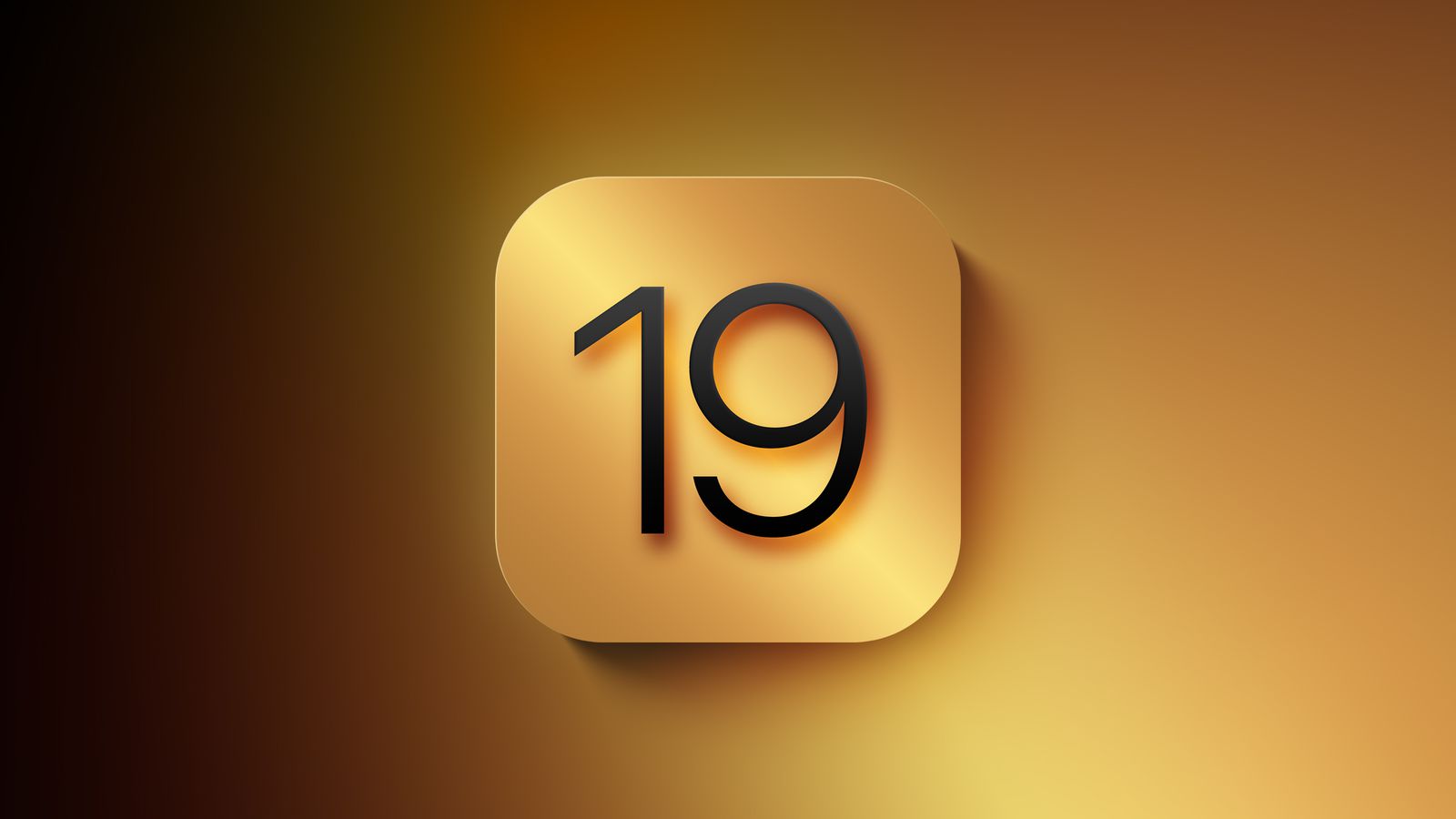For years, iPhone users have enjoyed a significant advantage over their Android counterparts: lengthy software support. While the exact duration fluctuates, Apple typically offers updates for at least five years after a device’s release. This commitment translates to continued security patches, bug fixes, and even major feature upgrades for older iPhones.
The recent buzz surrounding iOS 19 highlights this philosophy once again. A report by iPhoneSoft.fr suggests a wide range of iPhones, encompassing several generations, are rumored to be compatible with the upcoming update. This list includes the recently released iPhone 16 series alongside models dating back to 2018, such as the iPhone XS, XS Max, and XR.
This extended support window is particularly noteworthy considering the inclusion of older devices. It suggests that iPhones as old as seven years could potentially receive iOS 19, extending their functional lifespan significantly.
While the experience on such veteran iPhones might not be identical to the latest and greatest models, it still offers a crucial benefit. Users who cherish their older iPhones can continue to enjoy the security and functionality of a major iOS update, potentially delaying the need for an upgrade.
This extended support stands in stark contrast to the historical landscape of Android software updates. Traditionally, Android users faced a much shorter window, often receiving updates for just 2-3 years. However, the tide seems to be turning. Major players like Google and Samsung are increasingly prioritizing software support, mirroring Apple’s commitment. These companies now offer updates for up to seven years, a remarkable improvement compared to the past.
While the gap between Android and iOS in terms of total support duration is narrowing, another crucial factor remains: timeliness. One of the historical frustrations with Android updates has been the lag between their release and their availability on individual devices. Months often elapsed before users of specific phones could experience the latest OS.
This has prompted Google to adjust its release strategy. Android 16, for instance, is expected to launch in mid-2025 instead of the usual Q3/Q4 timeframe. This shift aims to grant manufacturers more time for optimization and integration, potentially leading to faster and more streamlined rollouts for users.
In conclusion, Apple’s commitment to extended iOS support continues to be a valuable selling point for iPhone users. The prospect of receiving major updates for older models like the iPhone XS series exemplifies this philosophy. While Android is making strides in the realm of software support, the issue of timeliness remains a hurdle to overcome. As Google adjusts its release strategy and manufacturers prioritize optimization, the landscape for Android updates might evolve further, potentially leading to a more user-friendly experience for Android users in the future.
